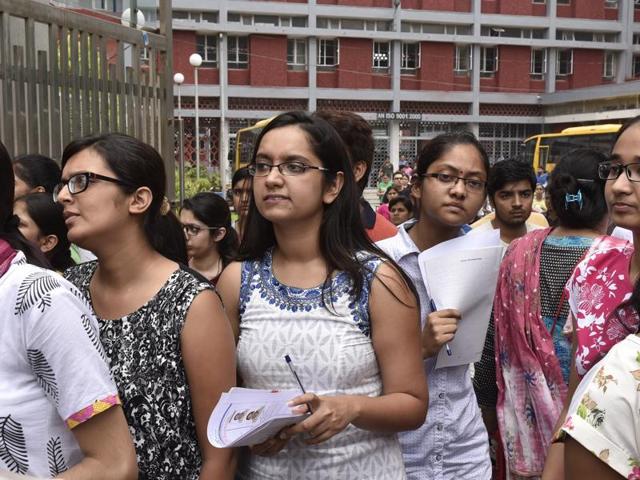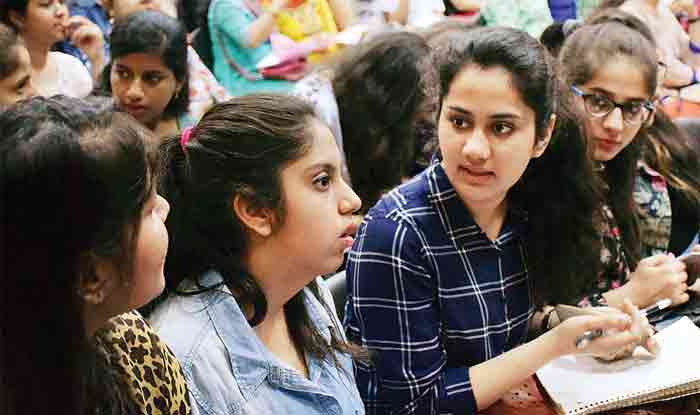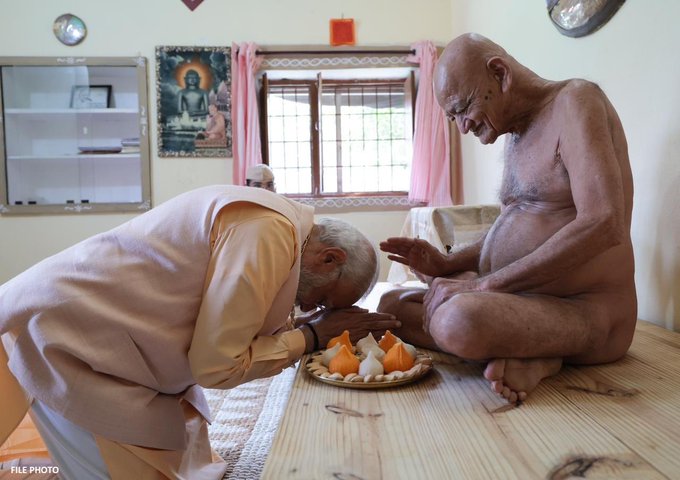India faces a significant challenge in the form of youth unemployment and a large number of young people not engaged in education, employment, or training, known as the NEET (Not in Education, Employment, or Training) category. Addressing this issue is critical as it impacts the country’s demographic dividend and potential for economic growth.
 The NEET Challenge:
The NEET Challenge:
India has one of the highest global rates of youth unemployment, with 103.4 million young people (or one in three) categorized as NEET as of 2022, according to the India Employment Report 2024.
Many of these young individuals may never enter the job market, posing a significant barrier to India’s economic advancement and demographic potential.
Women dominate the NEET category, representing 84.9 million, while men account for 18.5 million.
Key Demographic Trends:
Youth currently comprise 27% of India’s population but are projected to decline to 23% by 2036.
The working-age population share increased from 59% in 2011 to 63% in 2021, yet youth labour force participation rates (LFPR) are declining.
Youth Employment and Unemployment:
In 2022, youth comprised 82.9% of the total unemployed population.
Educated youth unemployment rates are also high, with the share of educated youth among the unemployed rising from 54.2% to 65.7%.
Women are disproportionately affected, accounting for 76.7% of secondary-level or higher-educated unemployed youth.
Structural Challenges:
India’s low LFPR, especially among women, exacerbates the country’s unemployment issues.
The services sector’s share of Gross Value Added (GVA) has risen, but manufacturing sector growth remains sluggish.
The transition from agriculture to other sectors has been slow, and the pandemic has temporarily disrupted this shift.
Informal Economy and Employment:
India has a large informal economy, with 90% of workers engaged informally.
The formal sector grew from 2000 to 2019, with the share of formal employment increasing from 8.5% in 2000 to 10.5% in 2019, before falling to 9.7% in 2022.
To leverage its demographic advantage and promote economic growth, India must prioritize addressing the NEET challenge and youth unemployment, especially among educated women and young urban adults. Policies that enhance education and training, improve labor force participation, and stimulate job creation across diverse sectors are essential for the new government to achieve sustainable development and inclusive growth.




